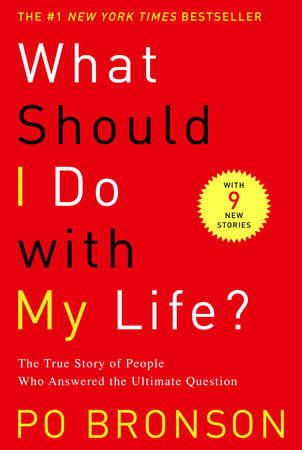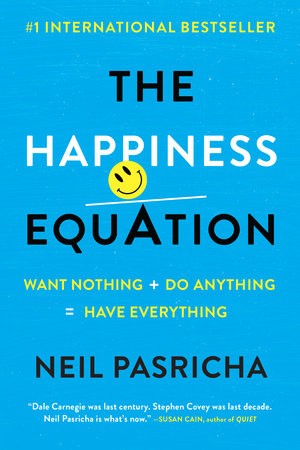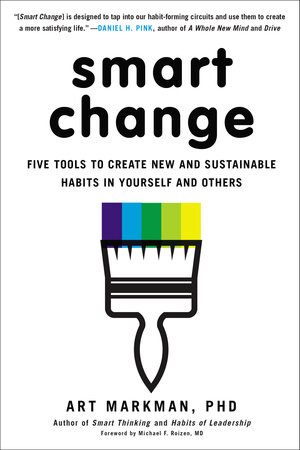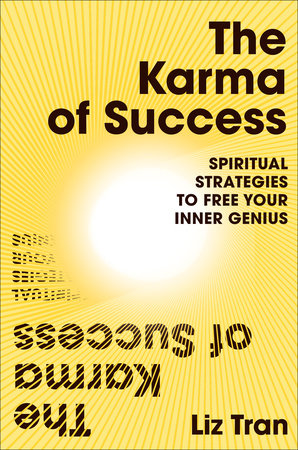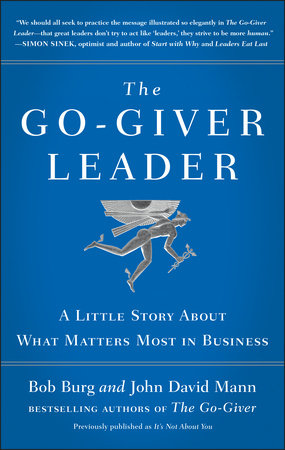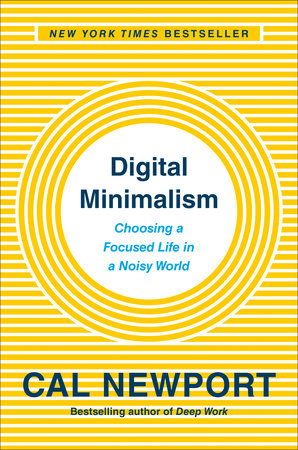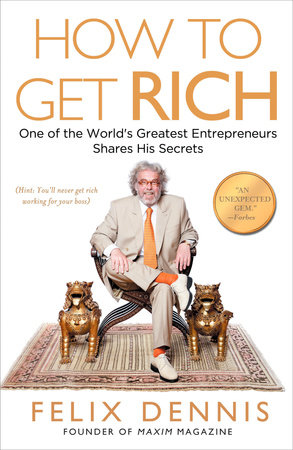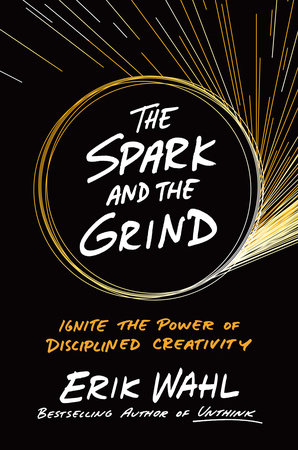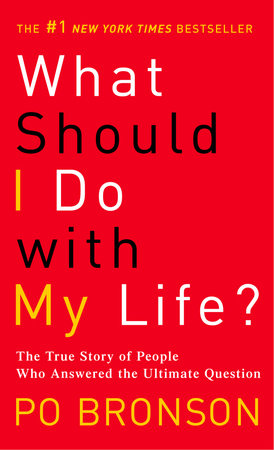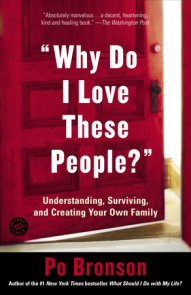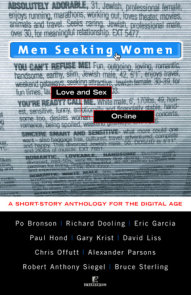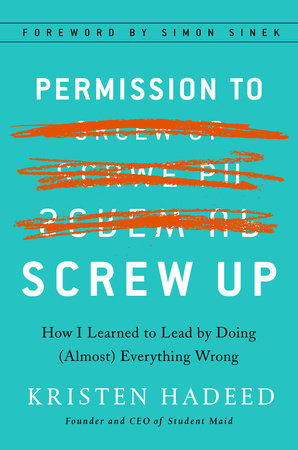Author Q&A
A Talk with
Po Bronson
Author of
WHAT SHOULD I DO WITH MY LIFE?
The True Story of People Who Answered the Ultimate Question
You went searching for the answer to quite a broad and difficult question. Why?
The short answer: because writers are supposed to tackle the broad, difficult questions.
But stating the question so bluntly (as in the title) often makes me queasy. In reality, I had asked myself this exact question when I switched careers and became a writer (and again when I became a father). After my last book, which profiled several people wrapped up in the internet boom, I watched as the bubble burst. I recognized this question–always prevalent–would become a huge issue for so many people. Many people I knew or would meet were suddenly faced with this question, whether they chose to ask it or not. My writer’s instinct kicked in and I went from there.
You met more than 900 people. How did you find them all?
I simply told everyone who asked what I was working on. The word spread, often in a six-degrees-of-separation zigzag that I couldn’t retrace. That I found so many was an indicator of how pregnant this question was in our society. I’d asked a question that people wanted to talk about.
The phone would ring, and I’d answer it, and suddenly I was a confidante.
“How’d you find me?” I might ask later.
“From your friend Heidi in Olathe, Kansas.”
I didn’t know any Heidis in Olathe Kansas.
Nor did I know Dr. DeStrange, some guy in Seattle who sent a kid in Baton Rouge my way.
In the middle of the night, confused and frustrated people typed “What is the meaning of my life?” into the Google search engine, sort of as a joke, not expecting it to have an answer. But Google lead them to descriptions of my book in progress, and soon their life was intertwined with mine.
They came to me. Gifts from the ether.
Out of these connections, how did you choose the 55 stories to include in the book?
I let my muse be my filter. I didn’t expect to be comprehensive, but I tried for diversity of ages, classes, and professions. I chose people who had dramatic stories and who I could empathize with. I tried not to repeat myself. Importantly, I didn’t chose stories to serve as example of certain predetermined arguments. What their stories “meant” often didn’t come clear until the writing, until the third or fourth attempt to tell it. The meaning surfaced from the stories; I did not force it upon them.
Were you surprised by some of the trends and answers you uncovered?
Constantly. Here’s a few that ran counter to my expectations:
1. Studs Terkel found people content to stay put. I found people dizzy from change and upheaval. Of the 900 I talked to, only one had had the same employer his adult life. It’s a different world out there.
2. I used to advocate the adrenaline rush, the brain candy. But now I recognize it for just that–candy. A synthetic substitute for other kinds of gratification that can be ultimately more rewarding and enduring.
3. I was surprised how many immigrants and working class people considered this question important to them, not just the educated and well-to-do.
4. I assumed a large fraction of people would have no clue where they belonged. It turned out most had good instincts, but had been scared away from following them by fears and misconceptions about how the world works. Time and again, in story after story, subjects were their own worst enemy. The gravitational pull of old habits began to take effect.
And that’s just the tip of the iceberg. I could go on and on, but remember, each person I met had a different answer to this question. The one thing I discovered in nearly every person I met–those who had succeeded in reaching their goals and those who had not–is that they were better off for asking the question. Not just putting it out there, but actually having the guts to at least start looking for an answer.
In today’s economic climate, how realistic is it for people to just up and change their careers? Don’t a significant portion of people in this country suffer from paycheck to paycheck, afraid to leave because even a bad job is better than no job?
It’s simply wrong to assume that it is in good times, when opportunity is aplenty, that people change their life. They’re free to, but they don’t. They don’t make hard choices because they don’t have to. It’s when the money has dried up that people are often forced to find something else that gives their life meaning.
Of all the people I interviewed, almost all of their transformations began in hard times like these upon us now — they suffered layoffs, bankruptcies, hospitalizations, family crises, et cetera. Those hard times helped them realize what really mattered; the hard times reset their moral compass and helped them make tough choices. The economy is not made up of two groups, those who stay put and those who seek. It’s a lie that people can choose to stay put for long — time and again, we are all forced to make changes — we graduated, get downsized, our spouse gets a job in a new city and we tag along. It’s up to us whether these inevitable changes will lead to somewhere we can be content, or simply lead us in circles, back to the same discontent we started with.
I apologize in advance for the rudeness of this next question, but what do you feel makes you qualified to write about this subject?
I wasn’t an expert. I had no credentials as a counselor or academic. I’m a writer and a journalist and, as a journalist, I set out to cover a story. As I researched my subjects–exhaustive research, as it turns out. I went to see everyone in person, wherever they might be–I approached them as merely “one of them.” I had asked this question myself and been humbled by it. I approached this project as if I knew nothing and was continuously humbled by what some of these people had endured and the wisdom they seemed to radiate.
Yet, I made sure that I employed my tools as a writer to tell their stories. I believe I have been emotionally and intellectually honest in every story I told.
After four books–two novels and two nonfiction–how has your writing voice changed over the last eight years and how did this growth affect the writing of this book?
I began as a satirist, my comedy bleak and black. I was strictly on the attack. In the final scene of my first novel, two bond salesmen quit their jobs and drive off to a better, saner life. Fade out. But what was the better, saner life? I could put no words to it and was terrified of ever having to spell it out. I recognized it would require a different language and tone – from decimation to affirmation, from irony to ministry, from misanthrope to philanthrope.
With this book, I have finally crossed that bridge. So many complete strangers let me into their lives and trusted me with their life stories. The kindness of that gift stirred me. Through them, I have finally given voice to that question I left unanswered four books ago.
A journalist is supposed to remain neutral and not interfere when reporting, but there are times in WHAT SHOULD I DO WITH MY LIFE? when you break that fourth wall. Can you comment on this?
Numerous times people asked me for advice, and several times they directly asked me for help. Occasionally, when pressed, I obliged. In one case I actually got the subject a new life–by selling him a book distribution company I’d been involved with.
It felt creatively appropriate to do this. The book’s point-of-view is “don’t be a bystander in life.” Don’t let opportunities to get involved pass you by. Be lead by your heart. Let yourself care. So to maintain the normal distance of a journalist would have felt contrary to the message of the book. Same with the choice to tell my own story in the book–which I know is a controversial choice. It was important to trade intimacies, not to have it be one-sided. I had to reveal myself as they did to me.
What do you hope that readers will take away from this book?
I hope they’ll enjoy reading it and while doing so, it will naturally help them contemplate the story of their life. Maybe the stories they read, the lives they enter on the page, will disarm a few fears, freeing them to invite more truth into their life. It will offer solace when their journey demands sacrifice, introspection, and courage.
Finally, with the publication of WHAT SHOULD I DO WITH MY LIFE?, a dialogue that you began will start being discussed in a larger arena. Where do you hope that this “conversation” will go?
People don’t have to agree with me; I hope that, by either fostering agreement or provoking disagreement, it helps people find their story.
